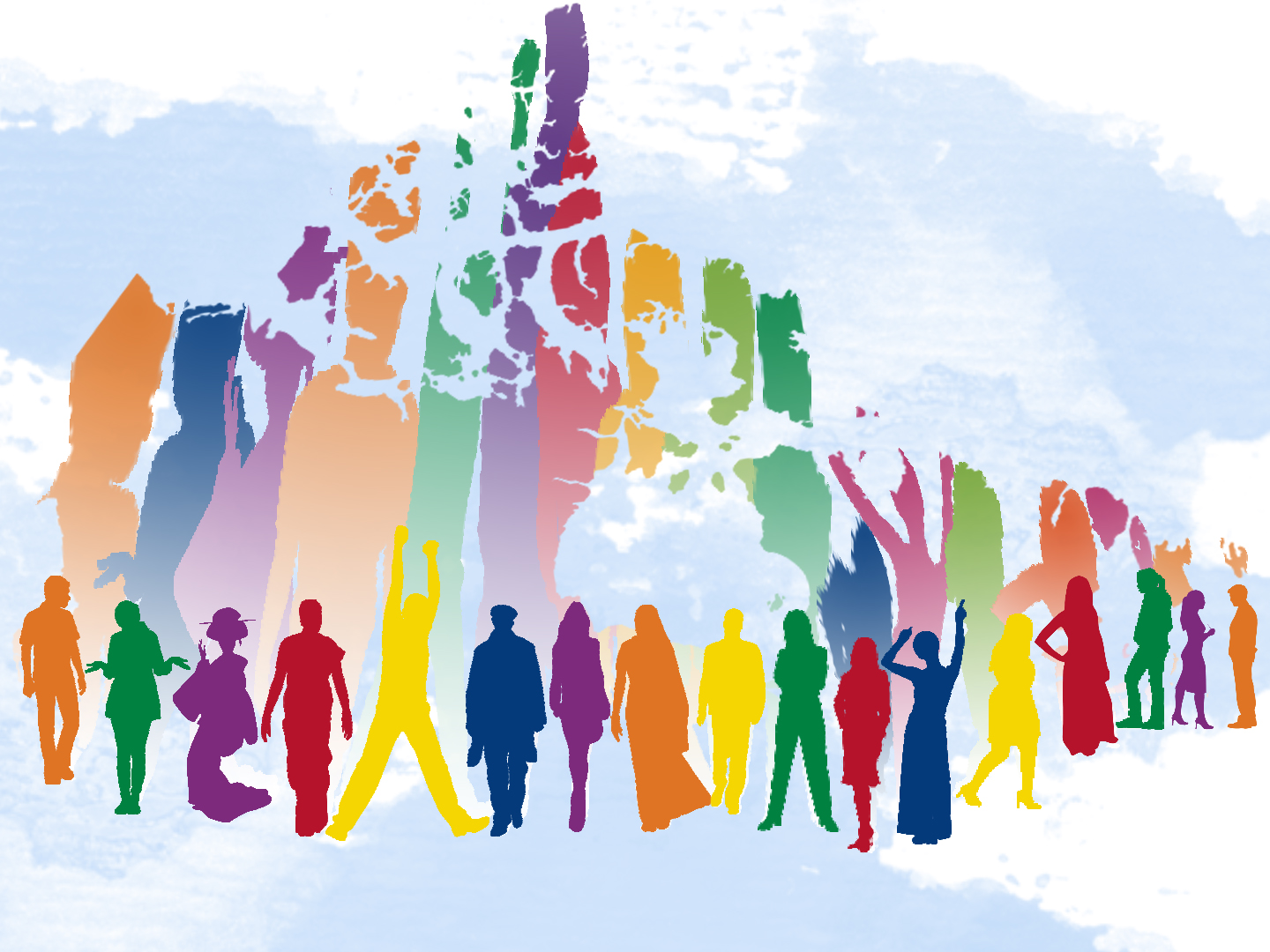Enculturation and acculturation refer broadly to the processes whereby newcomers come to participate in the normative practices of a cultural community.
Enculturation generally signals the case in which the newcomer is an immature member of the cultural community into which she or he is being socialized (e.g., a child); acculturation signals the case in which the newcomer is not a member of the cultural community (e.g., an immigrant).
ENCULTURATION (the process of learning one’s own culture) – means the process of acquiring the rules, norms, values, customs and guidelines of a culture in order to be a part of society.
Process of acquiring culture.
It does not modify the existing cultural practices.
Enculturation teaches an individual of his/her position, roles, expectations and behaviors of the particular culture in which he/she lives in.
E.g.: Chinese mother teaching her child to use a chopstick.
ACCULTURATION (learning a different culture, for example, that of a host) – implies the process of transforming the cultural beliefs and customs of one’s own culture, by adopting traits of a different culture.
Process in which one’s culture is subsumed in other’s culture.
It modifies the existing cultural practice.
Acculturation is necessary for the better adaptation in foreign surrounding – common among those who are far from their native land, among the refugee, migrants, etc.
E.g.: American (or any other) mother who just migrated to China teaching her children to use chopstick.
Source/for more reads:
